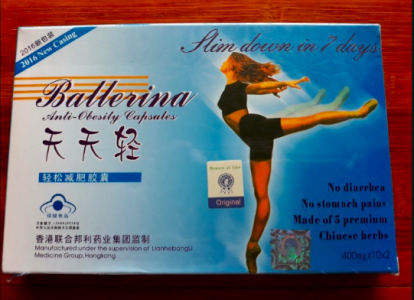Category: Medication Alerts
-
WHO prequalifies first biosimilar medicine – trastuzumab
What is biosimilar medicine? Biotherapeutic medicines are produced from biological sources such as cells rather than synthesized chemicals, are important treatments for some cancers and other non-communicable diseases. Like generic medicines, biosimilars can be much less expensive versions of innovator biotherapeutics while keeping the same effectiveness. They are usually manufactured by other companies once the…
-
China launches new Alzheimer’s drug
What is Alzheimer’s disease? Alzheimer’s disease is an irreversible, progressive brain disorder that slowly destroys memory and thinking skills and, eventually, the ability to carry out the simplest tasks. There are at least 50 million Alzheimer’s patients worldwide. Every year, there are nearly 10 million new cases. The thing about diseases like Alzheimer’s or dementia…
-
Ebola vaccine
The Ebola virus causes an acute, serious illness which is often fatal if untreated. Ebola virus disease (EVD) known as Ebola haemorrhagic fever, is a rare but severe, often fatal illness in humans. The virus is transmitted to people from wild animals and spreads in the human population through human-to-human transmission via direct contact (through broken…
-
Fentanyl Counterfeiting – Global threat
Counterfeit medicine is fake medicine. It may be contaminated or contain the wrong or no active ingredient. They could have the right active ingredient but at the wrong dose. Counterfeit drugs are illegal and may be harmful to your health. Counterfeit fentanyl pills are showing up on the streets and Drug Enforcement Administration (DEA) considers fentanyl-containing…
-
Why we should never use Adult medications in children?
We need to be very careful when giving any medicine to an infant or a child. Even over-the-counter (OTC) medicines are serious medicines. Children cannot be considered as miniature adults and adult medications should never be used in children as children’s responds to drugs differently than adults. Only paediatric medications should be used in children…
-
Risk of Infections in children with use of common acid reflux aids and how precision medicine helps in prevention
Proton Pump Inhibitors (PPIs) — such as Prilosec, Protonix and Nexium, have long been one of the most prescribed medications to aid in the reduction of stomach acid. The use of these medicines among children is on the rise and so are potential side effects, which is sparking concern according to a recent study conducted…
-
FDA alert on Johnson’s Baby Powder
The U.S. Food and Drug Administration is alerting consumers of a voluntary recall by Johnson & Johnson of Johnson’s Baby Powder after FDA testing has found that a sample from one lot of the product contains chrysotile fibers, a type of asbestos. Consumers who have Johnson’s Baby Powder lot #22318RB should stop using it immediately…
-
Neuropsychiatric problems with Asthma medication – Montelukast (Singulair)
Montelukast is an oral leukotriene receptor antagonist. It is indicated for patients 6 months and older: for the treatment of asthma as add-on therapy in those patients with mild to moderate persistent asthma who are inadequately controlled on inhaled corticosteroids and in whom “as-needed” short acting beta-agonists provide inadequate clinical control of asthma. in those…
-

Serious risk to health from Ballerina Anti-Obesity capsules
Ballerina Anti-Obesity capsules pose a serious risk to health and should not be taken. As per website, manufacturers of Ballerina Slimming Capsules mentioned that the product is made of 100% herbal ingredients, which are absolutely harmless to take, which there are: Hawthorn: is used to lower the cholesterol levels. Pearl: safe and effecting whitening compound.…
-
Safety alert: Cancer link to Zantac (ranitidine)
Ranitidine is an over-the-counter (OTC) and prescription drug. Ranitidine is an H2 (histamine-2) blocker, which decreases the amount of acid created by the stomach. Over-the-counter ranitidine is approved to prevent and relieve heartburn associated with acid ingestion and sour stomach. Prescription ranitidine is approved for multiple indications, including treatment and prevention of ulcers of the…